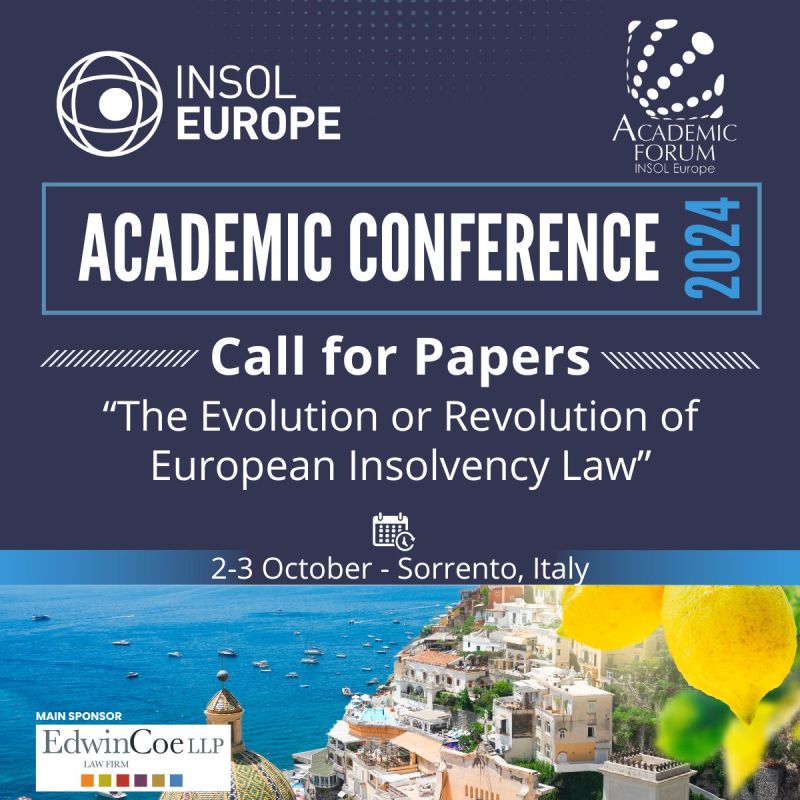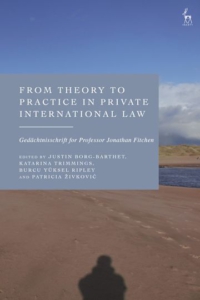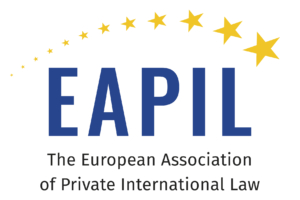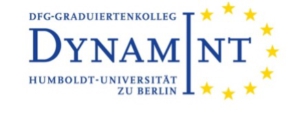Hybrid conference in Vienna on 12 April 2024: Reforming Brussels Ibis
We are happy to share the following announcement from the organisers.
On 12 April 2024, a hybrid conference will take place at the Skylounge of the University of Vienna to discuss the reform of the Brussels Ibis Regulation; the fundamental reference-instrument of cross-border judicial cooperation in civil matters within the European Union. The reform is expected to begin this year under the new European Commission. The conference is organised by the Institute for Civil Procedure and continues the work already done within the European Association for Private International Law (EAPIL) and the former Max Planck Institute (MPI) Luxembourg.
In 2021, Burkhard Hess wrote a Working Paper on a possible reform of the Brussels Ibis Regulation, identifying problems and suggesting solutions. In the same year, a Working Group was set up within the network of the EAPIL. The members of the Working Group provided information on the application and possible shortcomings of the Brussels Ibis Regulation in their jurisdictions by means of a questionnaire. The results of the questionnaire provided the basis for the conference on the Brussels Ibis reform held at the former MPI Luxembourg on 9 September 2022, where more than 80 participants discussed reform proposals in five panels (report).
Following the 2022 Luxembourg conference, Burkhard Hess and a team of researchers of the MPI prepared a second Working Paper, which put forward 32 proposals for the reforms of the Brussels Ibis Regulation. Members of the EAPIL Working Group were invited to express again their opinion and to vote on these proposals in an online poll. The poll was later opened to the public, as announced on the EAPIL-blog and ConflictofLaws.net. The purpose of this poll was to give the academic public as well as other stakeholders an opportunity to express their view on the proposals. An extensive documentation and analysis of the poll will be published soon, which serves as a basis for discussion at the upcoming conference.
The 2024 Vienna conference features speakers from various parts of the European Union. In the morning, the prospects of the reform process and overarching issues of the Brussels Ibis Regulation are addressed by Andreas Stein (EU Commission), Astrid Stadler (Konstanz), Cristina González Beilfuss (Barcelona), Gilles Cuniberti (Luxembourg), as well as Karol Weitz and Bartosz Wo?odkiewicz (Warsaw). The various proposals for the reform of the Brussels Ibis Regulation will be addressed from a practical perspective in the afternoon during a roundtable featuring, inter alia, Anthony Collins (EU Court of Justice), Georg Kodek (Austrian Supreme Court), Petra Leupold (VKI), Sabine Leupold (Freshfields Bruckhaus Deringer) and Andreas Stein (EU Commission). The full program can be found on the flyer.
Burkhard Hess, Christian Koller and Paul Oberhammer of the Institute of Civil Procedure look forward to your participation in the Vienna conference. Please send your registration to reformingbrussels-Ibis.zvr@univie.ac.at and indicate whether you will participate in person or online.


 Written by Justin Borg-Barthet, Katarina Trimmings, Burcu Yüksel Ripley and Patricia Živkovic
Written by Justin Borg-Barthet, Katarina Trimmings, Burcu Yüksel Ripley and Patricia Živkovic
 We are please to announce that registration for the next bi-annual conference of the
We are please to announce that registration for the next bi-annual conference of the  The annual DynamInt Doctoral Conference will be held in Amsterdam on 28th and 29th August 2024 and is co-organised by the Graduate School DynamInt (Humboldt University of Berlin) and the Amsterdam Law School (University of Amsterdam). It takes place in the context of the European Law School’s Summer Academy. We invite early career researchers (doctoral and postdoctoral) working in European Union law to come together and to discuss responses to the most pressing crises currently facing the European Union, its Member states, and citizens. Within the framework of the three topics outlined below, participants may present their work and engage in discussion with fellow scholars. In addition, Faculty specialised in EU, international, and comparative law will give in-depth feedback on the contributions submitted prior to the conference.
The annual DynamInt Doctoral Conference will be held in Amsterdam on 28th and 29th August 2024 and is co-organised by the Graduate School DynamInt (Humboldt University of Berlin) and the Amsterdam Law School (University of Amsterdam). It takes place in the context of the European Law School’s Summer Academy. We invite early career researchers (doctoral and postdoctoral) working in European Union law to come together and to discuss responses to the most pressing crises currently facing the European Union, its Member states, and citizens. Within the framework of the three topics outlined below, participants may present their work and engage in discussion with fellow scholars. In addition, Faculty specialised in EU, international, and comparative law will give in-depth feedback on the contributions submitted prior to the conference.